In 2008 the European Union and the CARIFORUM States (1) signed an Economic Partnership Agreement (EPA), intended to increase competitiveness, economic growth and development, supporting regional integration in the Caribbean and participation in the world trading system. The implementation of the EPA is a priority for both regions.
In this context, the CarIPI project was conceived as one of the components of the Programme ‘Support to CARIFORUM States in furthering the implementation of their Economic Partnership Agreement commitments and in meaningfully reaping the benefits of the Agreement’. Phase I of the project (2019 – 2024) contributed to the commitments and expected benefits of the EPA, laying the ground for a sustainable long-term regional framework and cooperation on Intellectual Property (IP). Phase II (2025 – 2029) builds on the foundations of its predecessor to further strengthen the IP landscape in CARIFORUM countries.
The overall objective of CarIPI II is:
-
to support effective and modern legislative IPR frameworks and IP administrations in the CF countries, in line with the EPA commitments which will contribute to strengthening bilateral trade and investment relations. In addition, this action should facilitate the creation of a regional IP administration which would enhance the IP protection in the region. In consequence this action will advance the sustainable integration of the Caribbean region into the World Economy.
The specific objective is:
-
to support the modernisation of IP systems in CF countries to facilitate the use of IP for sustainable growth, enhance bilateral trade and investment, create decent jobs and stimulate regional integration.
CarIPI is an international cooperation project funded by the European Union, co-funded and implemented by the European Union Intellectual Property Office (EUIPO). The second phase of the project officially commenced on April 1, 2025, and is scheduled to run for 48 months, including a 6-month inception phase.
([1]) the CARIFORUM States (CS), a subgroup of the African, Caribbean, and Pacific Group of States (ACP), serving as a base for economic dialogue with the European Union, are: Antigua & Barbuda; the Bahamas; Barbados; Belize; Dominica; Dominican Republic; Grenada; Guyana; Haiti; Jamaica; Saint Lucia; St Vincent and the Grenadines; St Kitts and Nevis; Suriname; Trinidad & Tobago; and Cuba.
